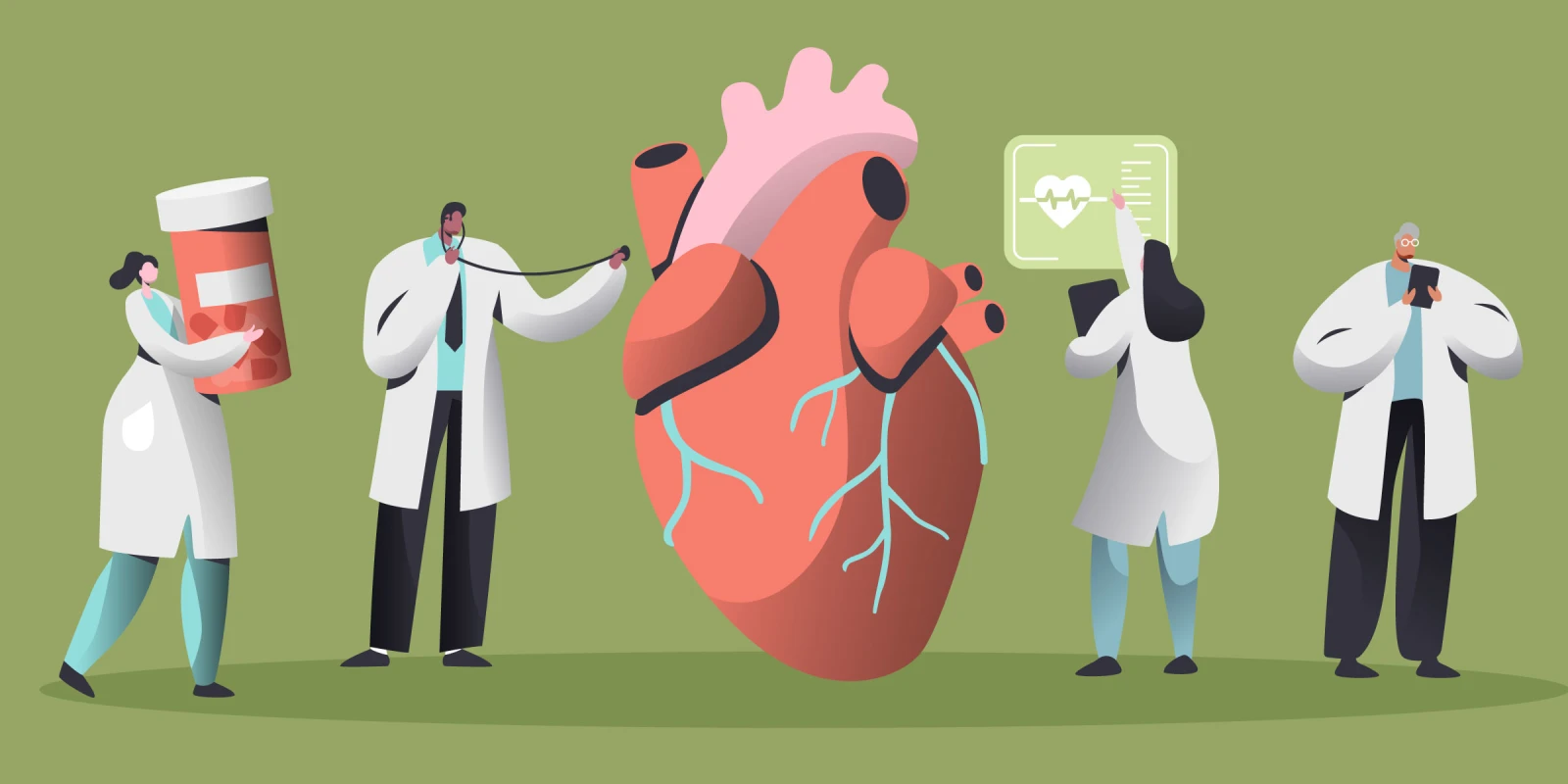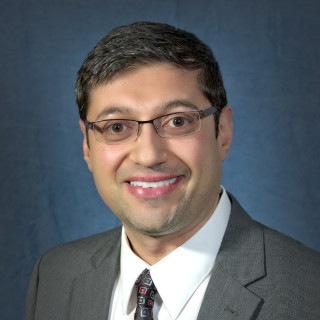As the time approached for the American College of Cardiology (ACC) 2022 meeting, my hesitation, which was a learned response from the prior two years of conferences scheduled, canceled, then ultimately becoming virtual, started to increase. With the recent spike of cases during the COVID-19 omicron subvariant surge of the pandemic in the U.S., my feelings that this conference would also go by the wayside of becoming a virtual meeting started to surface. While virtual conferences may have many benefits and utilities, those benefits do not overcome the benefit of the human element of an in-person meeting. There is nothing better than having that live interaction with old colleagues one has not seen in years and meeting new ones!
The opportunities to meet and interact with new colleagues, see colleagues, and share experiences from halfway around the world cannot be obtained through a virtual conference. Scientific conferences and interaction, as well as sharing of academic and scientific discoveries and findings, are optimally performed in an interactive person manner. Additionally, the interaction and excitement of attending or interacting with a researcher on the cutting edge of scientific accomplishment and discovery cannot be matched through a digital screen.
As it became increasingly clear that the ACC meeting for 2022 would take place live, my excitement grew in anticipation of attending the event in person. My cardiology team and I submitted cutting-edge research studies and were accepted to present them at the meeting. These presentations included both oral and poster presentations. Having attended many conferences previously, I considered myself a well-seasoned conference-goer. I looked to impart the conference experience to students, residents, and fellows that had accomplished great work under my mentorship and had produced valuable scientific papers for presentation at the meeting.
Our research presentations spanned the gamut of the field of cardiology and included topics such as cardiovascular imaging findings in patients of varied racial and ethnic descent as well as chest pain cardiovascular imaging utilization; development of arrhythmia in patients diagnosed with COVID-19; assessment of differences in healthcare outcomes based on the racial and ethnic background of patients as well as differences in time of presentation for acute cardiac care; and other topics of interest such as the presence of gout as a risk factor for acute myocardial infarction, peri-procedural complications associated with transcatheter aortic valve replacement in patients with dementia, and others.
In the weeks leading up to the conference, my team and I excitedly put together posters and presentations that we were excited to share with the cardiology community on an international scale at the upcoming meeting.
As I arrived in Washington, on the first airplane flight that I had taken in over two years, my excitement only grew about the excellent conference about to begin. Over the past two years of the pandemic, virtual options such as breakout rooms, text-based interactions, and virtual networking attempted to mitigate the struggle with the virtual format. While these efforts were better than nothing, the virtual still made it hard for participants to network with each other. I feel there is no substitute for speaking to fellow attendees over dinner or during an afternoon coffee or lunch break, or even while bumping into colleagues between sessions in the hallway. While attending ACC 2022, all of these opportunities came back, and I even noticed — as in the past — colleagues going to similar sessions to me, which would prompt a conversation, and maybe even ideas for further research or mutual collaboration in the future.
While other societies and medical disciplines seem to have gone on indefinite permanent virtual mode for their conferences, I commend the program organizers of ACC 2022 for their willingness to go ahead with a live, in-person meeting (with a simultaneous virtual option). I also applaud the American College of Cardiology for attempting to have a live in-person session for the past two years, initially in 2020, when the pandemic first started, then last year in 2021, as the pandemic continued. Cardiology is one of those fields that lends itself to an in-person conference. Whether it is interacting in a conference room and answering questions after a presentation, visiting the exhibit hall and getting hands-on experience with the latest interventional catheter or wire, or attending an innovation session and getting my hands on one of the latest medical wearable and tracking devices, cardiology is especially well-suited for an in-person experience. I am so pleased to have attended this meeting, which included more than 300 sessions, 3,000 abstract presentations, and 200 exhibitors in the expo hall.
As I have seen and mentioned above about the last two years of virtual conferences, the benefits they provide include excellent education in a focused and time and travel convenient manner with the ability to obtain CME. It is a great feeling to transition from education to networking and the human encounter. The memorable experiences at conferences are the human interaction. The virtual format does not capture the personal interactions that we have all come to cherish during conferences. I sincerely hope we will continue to be along the right path concerning the COVID-19 pandemic and maintain in-person meetings to allow for the myriad of benefits that the in-person experience provides. One thing is for sure: I am happy that I attended the American College of Cardiology 2022 meeting, as it was a success and brought back memories of how conference attendance should be!
Dr. Makaryus is employed by Northwell Health. He has no conflicts of interest to report.
Image by invincible_bulldog / GettyImages







